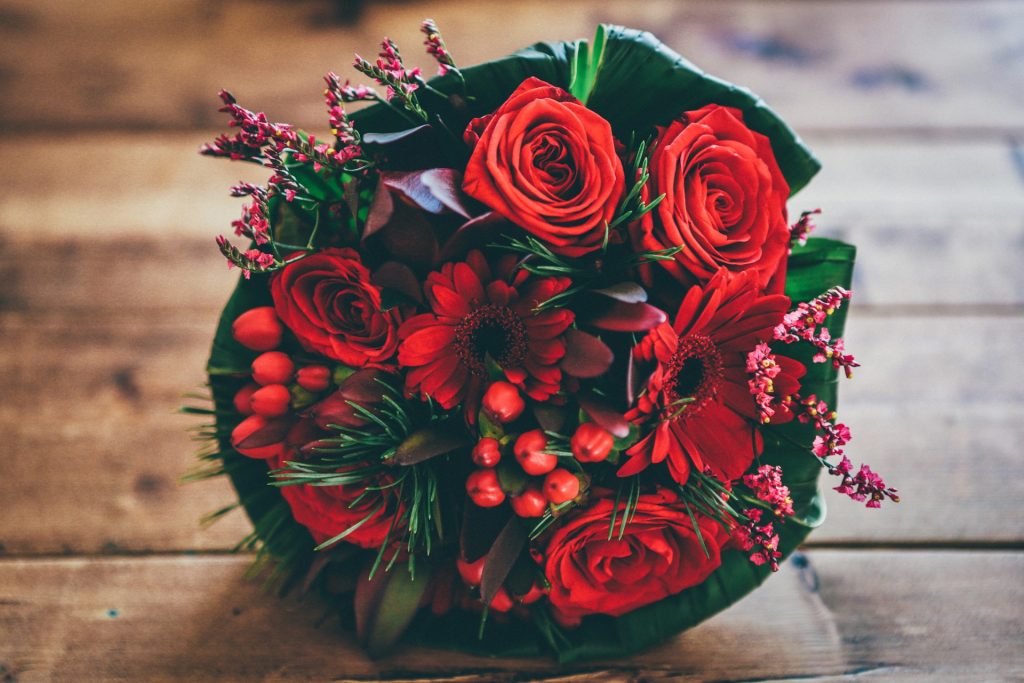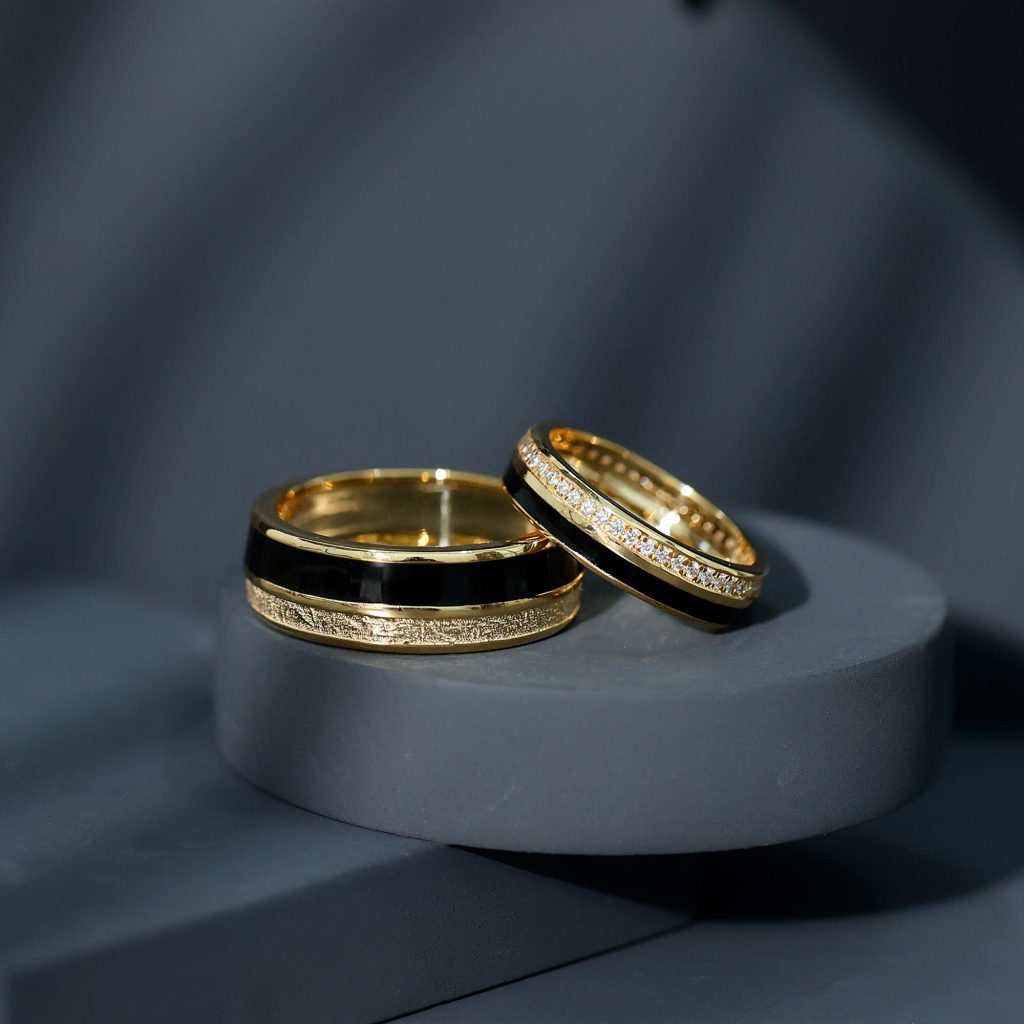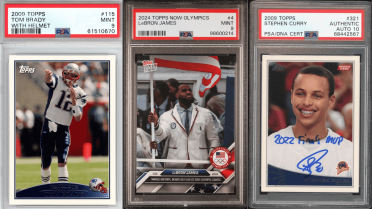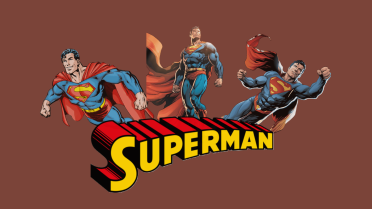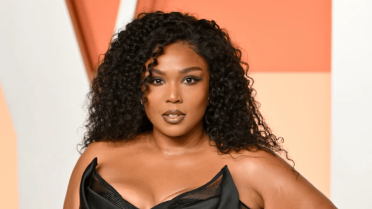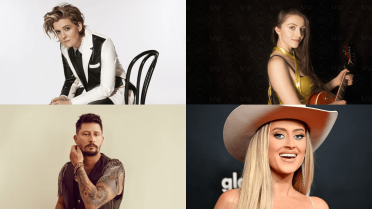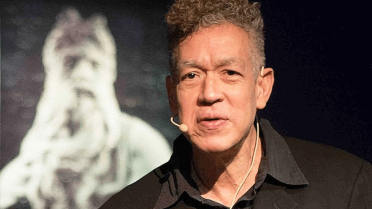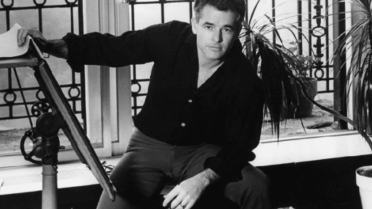Have you heard the term “he/him lesbian” and felt a little confused? That’s okay.
A lot of people wonder what it means.
We use words to describe who we are and how we feel. Sometimes, those words don’t fit into the usual boxes.
However, a he/him lesbian is someone who uses he/him pronouns but still sees themselves as a lesbian.
It might sound unusual, but it’s just another way someone chooses to express who they are.
Everyone’s identity is personal, and there’s no one “right” way to be yourself.
Let’s explore what this means and why it matters.
What Does He/Him Lesbian Mean?
Pronouns are like language’s wardrobe; they don’t always perfectly match what’s underneath.
For he/him lesbians, this means their pronouns are a form of self-expression that doesn’t fit into simple boxes.
Imagine gender as a vast, colorful landscape rather than a strict map with only two destinations.
A he/him lesbian might:
- Identify as a woman
- Feel connected to woman-aligned identities
- Accept a non-binary experience
- Express masculinity without being a man
History and Origins of He/Him Lesbian
The story of the he/him pronouns in lesbian communities is a rich variety of resistance, identity, and self-expression.
Roots in Butch/Femme Culture: In the early 20th century, lesbian communities developed nuanced ways of understanding gender. Butch lesbians often used he/him pronouns as:
| A way to claim a masculine identity | Provides individuals with a way to affirm their masculinity. |
| A form of protection in hostile environments | Offers a shield or defense in environments that are unsupportive or dangerous. |
| An expression of gender complexity | Shows the complexity and fluidity of gender, accepting multiple identities. |
| A challenge to traditional gender norms | Pushes back against rigid gender expectations, advocating for more freedom in expression. |
Why Do Some Lesbians Use He/Him Pronouns?
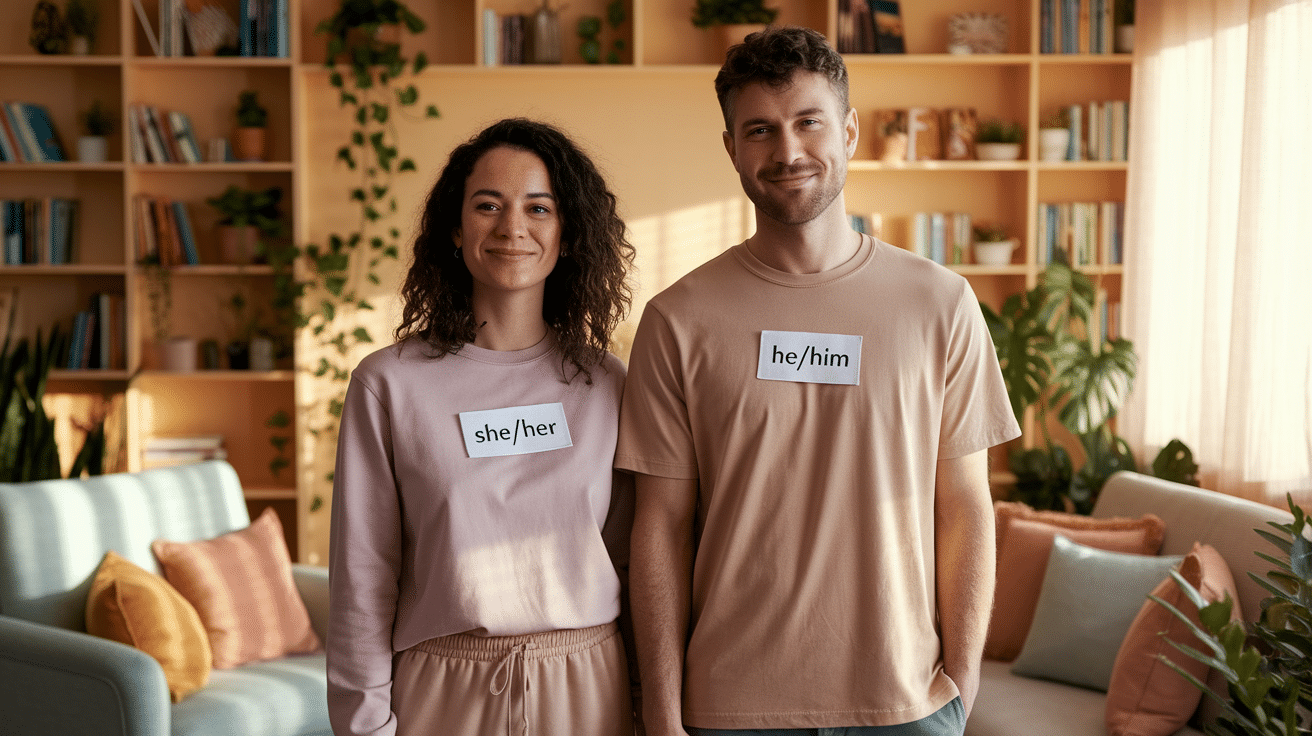
- Connecting with masculinity and masculine traits.
- Exploring and expressing gender identity more freely.
- Finding comfort in a specific pronoun choice that aligns with their self-expression.
- Connecting with butch lesbian traditions and culture.
- Feeling disconnected from traditional definitions of womanhood and seeking an alternative expression.
Community Perspectives About He/Him Lesbian
The lesbian community has diverse views on he/him lesbians, showing both support and ongoing conversations about identity.
1. Supportive Voices
Many within the community view he/him lesbians as an essential part of the lesbian spectrum.
They believe that gender identity should be self-determined and personal, with each individual having the right to express themselves authentically.
2. Ongoing Conversations
There remains some debate within the community about the use of he/him pronouns by lesbians.
While some may be confused or uncomfortable with this terminology, open discussions and mutual respect help to promote understanding.
Personal Experiences of Famous Identities
| Person | Pronouns | Role/Profession | Contribution |
|---|---|---|---|
| Leslie Feinberg | He/him, She/her | Activist, Author of Stone Butch Blues |
|
| J.P. Howard | He/him | Black Lesbian Poet and Educator |
|
| Asia Kate Dillon | They/Them | Non-Binary Actor |
|
Conclusion
At the end of the day, gender identity is deeply personal.
He/him lesbians show us that labels are meant to guide, not limit. They encourage us to look beyond fixed definitions and understand that everyone’s experience is different, and that’s perfectly okay.
There’s no single “right” way to be a lesbian or to express who you are.
What truly matters is respect, kindness, and giving people the space to define themselves on their own terms.





